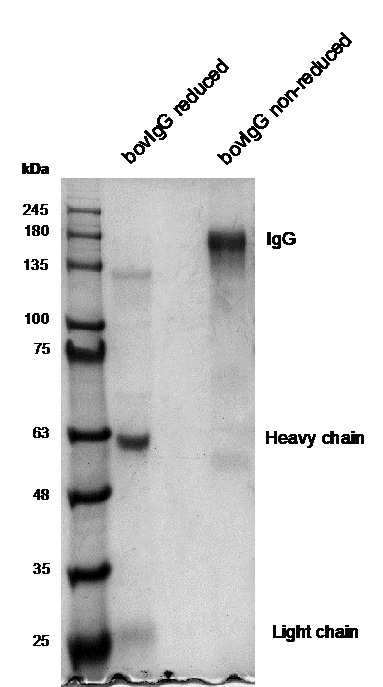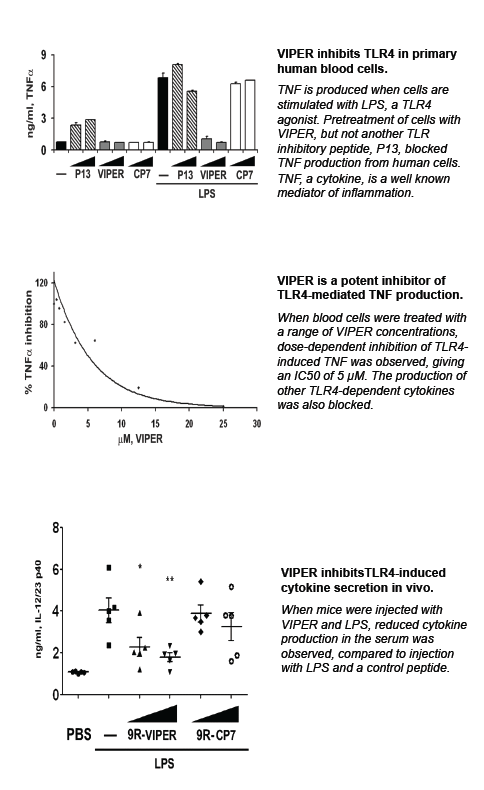
Cat. #161070
Anti-Epithelial sodium channel (ENaC) beta subunit [10D4] monoclonal antibody
Cat. #: 161070
Sub-type: Primary antibody
Target: Sodium channel, beta subunit
Class: Monoclonal
Application: IHC, DB
Reactivity: Human
Host: Mouse
£300.00
This fee is applicable only for non-profit organisations. If you are a for-profit organisation or a researcher working on commercially-sponsored academic research, you will need to contact our licensing team for a commercial use license.
Contributor
Inventor: Isabelle Baconguis & Arpita Bharadwaj
Institute: Oregon Health & Science University
Primary Citation: Noreng et al. 2018. Elife 7:e39340. PMID: 30251954
Tool Details
*FOR RESEARCH USE ONLY (for other uses, please contact the licensing team)
- Name: Anti-Epithelial sodium channel (ENaC) beta subunit [10D4] monoclonal antibody
- Alternate name: AB_2744525
- Cancer: Genitourinary cancer
- Cancers detailed: Genitourinary cancer
- Research fields: Cell signaling and signal transduction
- Tool sub type: Primary antibody
- Class: Monoclonal
- Molecular weight: 150 kDa
- Reactivity: Human
- Host: Mouse
- Application: IHC, DB
- Description: ENaC is a channel found on the surface of epithelial cells and controls the volume of the fluid surrounding cells, blood pressure and the volume of liquid in the airways. The 7B1 and 10D4 mAbs were selected because they recognize tertiary epitopes of ENaC
- Immunogen: Recombinant human ENaC
- Isotype: IgG1
Target Details
- Target: Sodium channel, beta subunit
- Molecular weight: 150 kDa
Applications
- Application: IHC, DB
Handling
- Storage buffer: OptiMEM, 7% Ultralow IgG FBS, 0.5% v/v Hybridoma Cloning Factor, Antibiotic-antimycotic solution
- Storage conditions: Store at 4° C short term, store at -20° C long term
- Shipping conditions: Shipping at 4° C
References
- Noreng et al. 2018. Elife 7:e39340. PMID: 30251954



